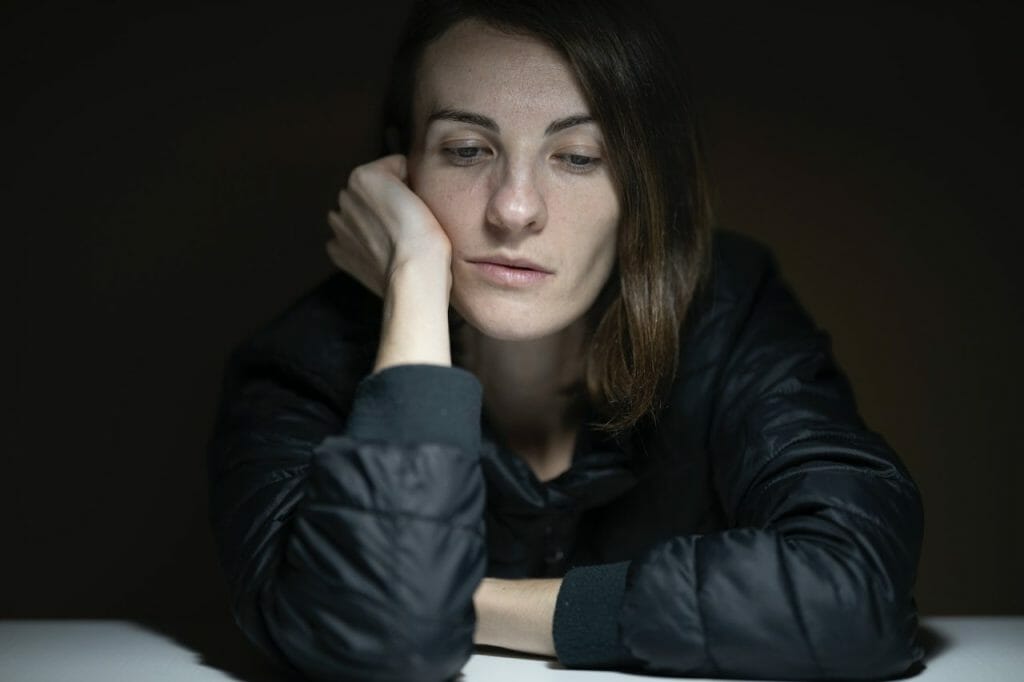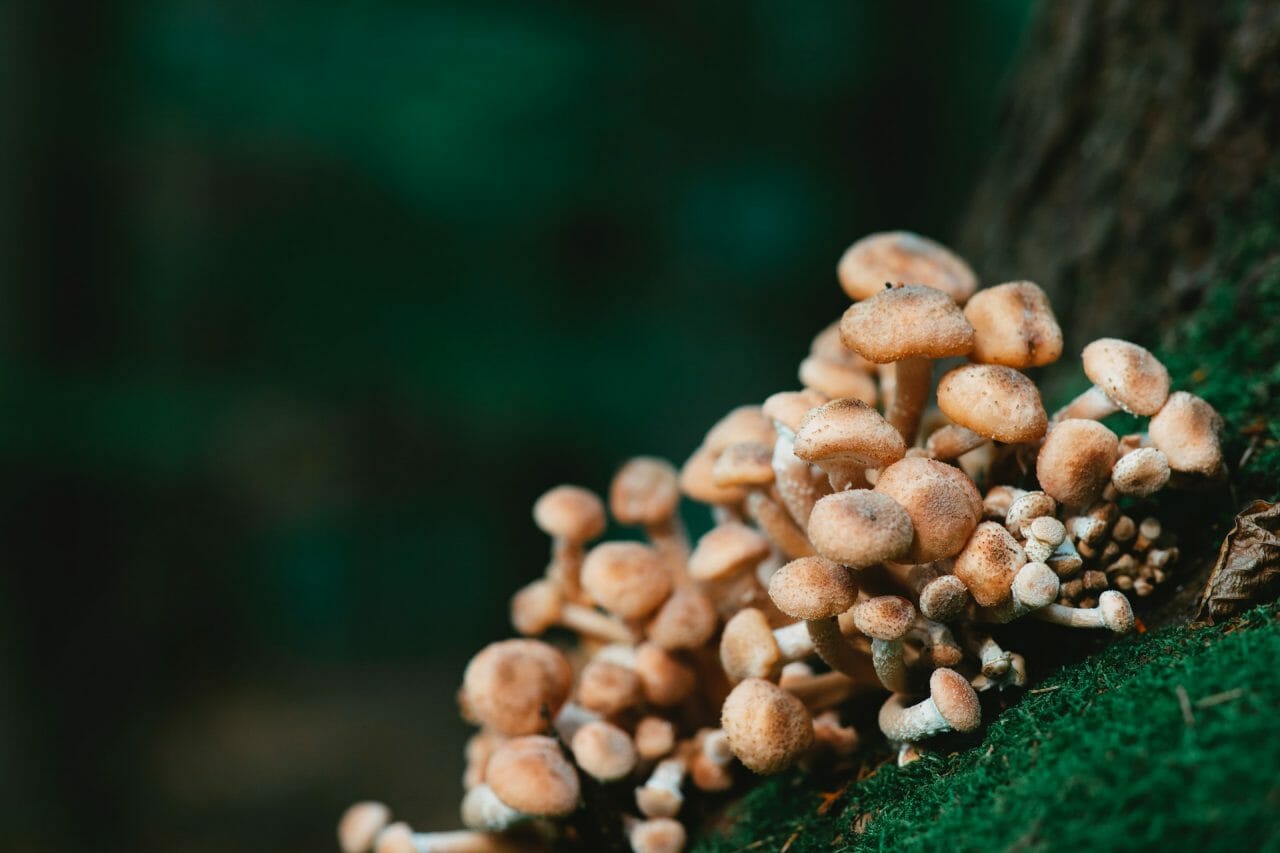According to the World Health Organization (WHO), over 264 million people around the globe are affected by depression.
While conventional treatments can be beneficial, they frequently fall short in addressing the complex nature of depression. This difficulty has led to a growing interest in alternative therapies. One such treatment that has been gaining both scientific and public attention involves the use of psilocybin-containing mushrooms, obtained from a mushroom dispensary, to combat depression.
Let’s delve into the world of mushroom dispensaries, their function in depression treatment, and the compelling statistics that underscore their potential to revolutionize our approach towards this pressing global mental health issue.
Key Takeaways:
- Mushroom dispensaries offer alternative treatment options for depression using psilocybin-rich mushrooms.
- Research suggests that psilocybin can result in significant and enduring reductions in depression symptoms.
- Psilocybin therapy is part of a new trend that is reshaping mental health care.

Understanding Psilocybin and its Therapeutic Potential
Psilocybin is a natural compound found in certain mushroom species, often referred to as “magic mushrooms.” When consumed, the body converts psilocybin into psilocin, which binds with the brain’s serotonin receptors. This bonding induces significant changes in perception, mood, and consciousness, commonly linked with psilocybin use.
Research into the potential of psilocybin as a treatment for depression has yielded significant findings. Clinical trials and studies have shown that a single, carefully supervised dose of psilocybin can result in substantial reductions in depressive symptoms. Patients have reported transformative and long-lasting effects on their mental health and overall well-being.
These findings have fueled increased interest and investment in exploring psilocybin as a novel treatment option for depression, especially for those who have not found relief with conventional therapies.
Encouraging Results for Depression Treatment with Magic Mushroom Dispensaries
Magic mushrooms, also known as psilocybin-rich mushrooms, have recently garnered attention for their potential in alleviating depression symptoms. Let’s explore various magic mushroom types and assess the potential positive impacts they may offer for depression.
| Magic Mushroom Type | Overview | Potential depression-related benefits |
| Golden Teacher | A widely recognized psilocybin mushroom identified by its golden cap. | It could potentially diminish depression symptoms and boost emotional health. This variety fosters introspection and self-reflection, possibly aiding individuals in gaining new insights into their depression. Some users report feelings of unity and connection, which may help alleviate the isolation often associated with depression. |
| Psilocybe Cubensis | One of the most common varieties of magic mushrooms. | It is associated with positive mood changes and new outlooks on life. It could enhance emotional processing and support individuals in addressing the root causes of their depression. The altered consciousness it promotes may assist users in breaking free from fixed thinking patterns and fostering a more optimistic mindset. |
| B+ | Identifiable by its large, bulb-shaped fruit bodies. | It could contribute to significant, lasting reductions in depressive symptoms. Users often achieve a clearer understanding and perception of their emotions and life circumstances. The therapeutic journey may assist in releasing suppressed emotions and trauma, providing relief from depression. |
| Liberty Cap | Small, cone-shaped mushrooms found in various regions. | They are known to create intense emotional experiences that can positively impact depression. During Liberty Cap trips, users often feel heightened sensitivity and empathy, promoting emotional healing and connection. The profound and engaging nature of the psychedelic journey may help individuals understand the underlying causes of their depression. |
| Penis Envy | Notable for its unique, phallic-like shape. | Associated with deep insights and changes in depressive thought patterns. Users often experience ego dissolution, allowing them to confront their depression without their usual identity constraints. The intensity of the experience may lead to therapeutic breakthroughs, resulting in lasting improvements in mental health. |
| Blue Meanie | A powerful strain identified by its bluish hue. | It’s believed to have a soothing and peaceful effect on the psyche, possibly helping to alleviate signs of anxiety and depression. Several users recount reaching a state of internal peace and emotional release during Blue Meanie experiences, which could potentially boost mental health. This strain, noted for its mild yet introspective traits, might be particularly suitable for those seeking a less vigorous psychedelic journey for therapeutic purposes. |
The Role of Magic Mushroom Dispensaries in Depression Therapy
Magic mushroom dispensaries, or retail outlets, play a key role in depression therapy, offering a monitored and controlled environment for those in search of potential therapeutic solutions.
The Function of Health Canada
In Canada, Health Canada serves as the national agency responsible for ensuring the safety, effectiveness, and quality of therapeutic products, like the psilocybin found in magic mushrooms.
Approval of Therapeutic Products
Health Canada has recently granted exemptions and permissions for the use of psilocybin in particular clinical and research circumstances for certain medical conditions, including depression. This shift in policy indicates a growing recognition of the potential therapeutic uses of psilocybin.
Potential Therapeutic Uses
Magic mushroom dispensaries may propose a novel and promising therapeutic avenue for individuals dealing with depression. With appropriate authorization and under certain conditions, individuals may benefit from psilocybin therapy to alleviate depression symptoms.
A Safe and Regulated Environment
Magic mushroom dispensaries provide a safe and regulated environment for those using psilocybin therapy, ensuring the process is conducted responsibly under the supervision of trained experts.
Compliance with Health Canada Regulations
Dispensaries must adhere to Health Canada’s rules and guidelines when offering psilocybin-based products for therapeutic uses. They play an essential role in ensuring regulation adherence and that therapy is carried out responsibly and ethically.
Navigating Psilocybin Therapy Through a Mushroom Dispensary
Undertaking psilocybin therapy through a mushroom dispensary can be a potentially transformative and beneficial experience. However, it’s imperative a responsible and cautious approach is advised. Here are some tips to guide you through this process:
- Comprehensive Research: Begin with an in-depth investigation about psilocybin therapy and the specific mushroom store you plan to patronize.
- Speak with a Professional: Before contemplating psilocybin therapy, consult a mental health specialist or therapist who focuses on psychedelic-assisted treatments. They can assess your suitability for such therapies and provide valuable guidance.
- Choose a Trustworthy Store: Look for reviews, endorsements, and evidence of compliance with local regulations.
- Understand the Process: Familiarize yourself with the entire therapy process, from the preparatory phase through the psychedelic journey to post-experience integration. Knowing what to expect can reduce anxiety and enhance therapeutic outcomes.
- Preparation for Mental and Emotional Experiences: Get yourself mentally and emotionally ready for the journey. Set clear goals for your therapy session and be ready to confront any difficult emotions or thoughts that may arise.
- Ensure a Safe Environment: Ensure that the mushroom store provides a secure and comfortable setting for your therapy session. This should include appropriate lighting, music, and the presence of trained facilitators to assist you if needed.
- Follow Dosage Guidelines: Adhere to the recommended dosages from the mushroom store or your healthcare provider. Avoid self-dosing or ingestion of unfamiliar substances, as this can be dangerous.
Conclusion
Mushroom stores that offer psilocybin therapy have emerged as a promising alternative for treating depression. Despite differing legal and regulatory standards surrounding these entities, an expanding body of research and first-hand experiences underscore their potential to alleviate depressive symptoms and provide individuals with new perspectives on their mental health.
As the field of psychedelic-assisted therapy continues to grow, the role of mushroom stores in transforming the landscape of depression treatment provides hope for those seeking innovative mental health solutions.
Frequently Asked Questions
What’s the best way to find a reliable mushroom dispensary for depression treatment?
To find a reliable mushroom dispensary, extensive research is crucial. Look for establishments that comply with local regulations and safety protocols. It’s also wise to seek advice from
When choosing a dispensary, don’t hesitate to ask around and consult with healthcare professionals or people who have had successful experiences. Make sure to verify the dispensary’s credentials and ensure that their facilitators are qualified and adhere to ethical standards.
How long do the therapeutic effects of psilocybin therapy last in the treatment of depression?
The duration of psilocybin therapy’s therapeutic effects can vary from person to person. Some might experience immediate relief, while others might notice a gradual improvement. Research indicates that the benefits can last for several weeks to months after just a single session. However, the sustainability of these effects may also depend on consistent support and proper integration.
Can psilocybin therapy be used independently in the treatment of depression, or does it need to be combined with other therapies?
Psilocybin therapy is generally incorporated into a holistic depression treatment plan. It can be combined with conventional therapies such as psychotherapy, counselling, or medication to enhance its effectiveness. The choice of treatment should be customized to the individual’s needs and should be guided by the advice of healthcare professionals.
What other types of magic mushroom products can be used in the treatment of depression?
In addition to traditional magic mushrooms, there are other magic mushroom products available for depression treatment. These include psilocybin microdosing capsules, psilocybin-infused edibles such as chocolates or gummies, liquid extracts or tinctures, and psilocybin nasal sprays. These alternative methods of psilocybin delivery provide a variety of dosing options and ways of administration, including precise microdosing for subtle mood enhancements.
Related Article:





